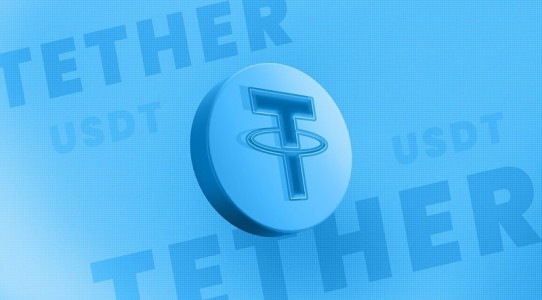

Stablecoin firm Tether will offer a new product in the EU market amidst changing regulations, according to a report from Coindesk.
Tether said in a statement that it is developing a technology-based solution that will be “tailor made to serve the necessities of the European market,” adding that it will reveal the technology publicly “in due course.”
The company broadly commended the EU’s Markets in Crypto Assets (MiCA) rules while criticizing certain aspects of the new regulations. Tether said:
“As we have consistently expressed, some aspects of MiCA make the operation of EU-licensed stablecoins more complex and potentially introduce new risks to both local banking infrastructure and stablecoins themselves.”
In April, Tether CEO Paolo Ardoino told TheBigWhale that MiCA rules set strict requirements. He highlighted a rule that requires stablecoin issuers to hold a certain proportion of collateral in cash deposits at bank and said that reserves made up of U.S. Treasury bonds provide better protection against bank failures.
Ardoino said that Tether had no plans to be regulated in the EU during the April interview. However, in a follow-up tweet, he said the company was discussing matters with EU regulators and “hope[d] to continue the dialogue.”
Coinbase and Others Are Adapting
The latest news comes alongside reports that Coinbase, a leading cryptocurrency exchange, will restrict EU access to certain stablecoins by December 30, 2024 in compliance with MiCA rules. Though Coinbase’s statement does not name Tether, Coindesk identified it as one stablecoin issuer without the necessary license.
Other crypto platforms have already changed their listings. Bitstamp delisted Tether’s euro-pegged EURT stablecoin in June to comply with MiCA. Uphold delisted USDT and five other stablecoins this summer, citing EU regulatory changes.
Binance restricted EU access to unspecified unauthorized stablecoins in June, including by removing spot trading access until further notice.
OKX additionally delisted USDT pairs in March, though a representative attributed the change to reasons other than the European regulatory shift.
Tether’s USDT is not the only stablecoin affected by the change but is the largest, dominating the stablecoin market with a $119 billion market cap.
Tether’s main competitor, Circle, has obtained a EU license for both its dollar-backed stablecoin USDC and euro-backed stablecoin EURC. USDC is currently the second largest stablecoin, boasting a $35 billion market cap.





